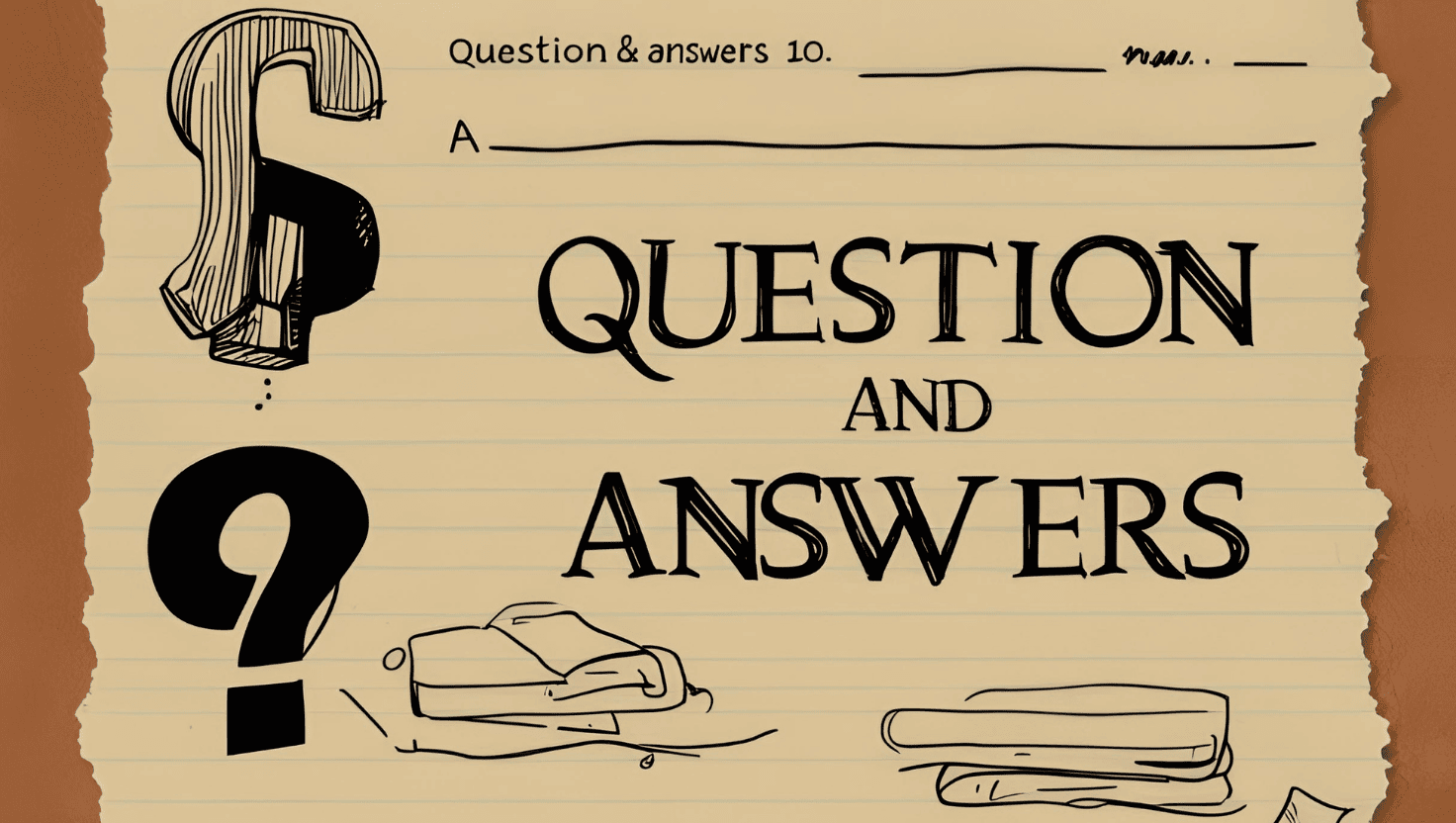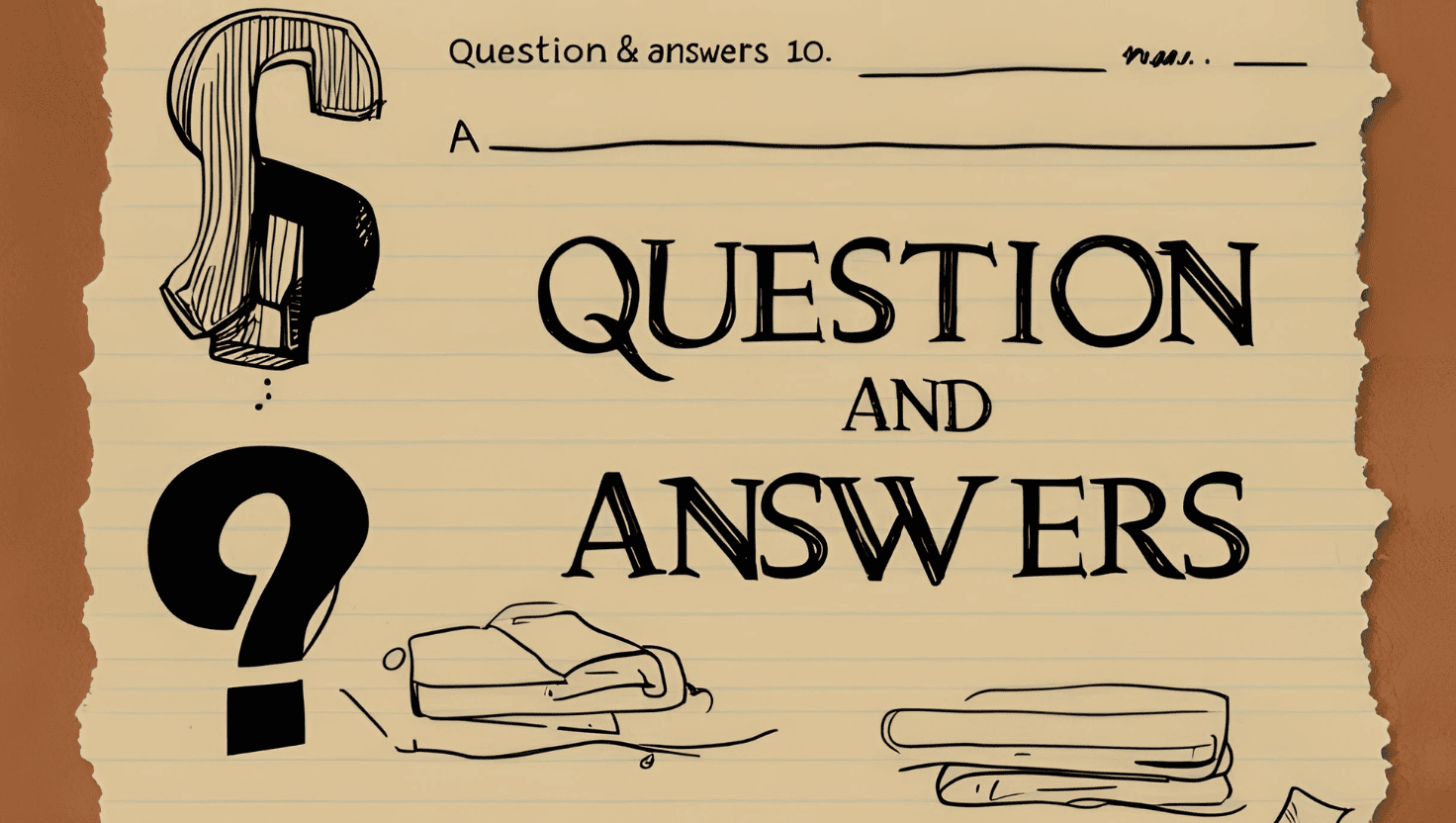How many hours should a 10th-grade student study?
Yo, as a 10th grader, you’re probably juggling school, friends, maybe some extracurriculars, and the pressure of figuring out how much to hit the

As a 10th grader, you’re probably juggling school, friends, some extracurriculars, and the pressure of figuring out how much to hit the books. There’s no one-size-fits-all answer for how many hours you should study, but let’s break it down with some real talk.
On average, most 10th graders need about 2-3 hours of focused study per day outside of school to stay on top of things. This isn’t just me pulling numbers outta nowhere—studies and education experts, like those from the National Education Association, suggest high schoolers need consistent, quality study time to process and retain info. But here’s the deal: it depends on you. If you’re acing your classes and grasping concepts in school, maybe 1-2 hours is enough to review and prep for tests. If you’re struggling in, say, algebra or chemistry, you might need to bump it up to 3-4 hours, especially for those trickier subjects.
Quality > quantity, though. Two hours of legit focus—phones off, no TikTok scrolling—is worth way more than four hours of half-assed “studying” with Netflix in the background. The Pomodoro technique works for a lot of people: 25 minutes of deep work, 5-minute break, repeat. It keeps your brain from turning to mush.
Also, factor in your schedule. Got soccer practice or debate club? Plan around it. A solid routine might look like: an hour after school for lighter subjects (English, history), then a break, then another hour for math or science. Weekends? Maybe 3-4 hours total, split up, so you’re not burned out by Monday.
Oh, and don’t forget to account for big projects or exams. Midterms or finals coming up? You might need to crank it to 4-5 hours a day a week or two before, but don’t make that your everyday vibe—that’s a recipe for hating life. Balance is key. If you’re stressed, talk to a teacher or counselor; they can help you prioritize.
Last thing: sleep and downtime aren’t optional. Your brain needs 8-9 hours of sleep to actually remember what you studied (yep, science backs that up—check out any sleep study from the NIH). So, don’t pull all-nighters thinking it’s heroic; it’s just gonna screw you over.
Figure out what works for you. Test out a schedule for a week, tweak it, and keep it chill but consistent. You got this.
Here are other questions you can read:



Share and subscribe to the blog by email.







Comments ()